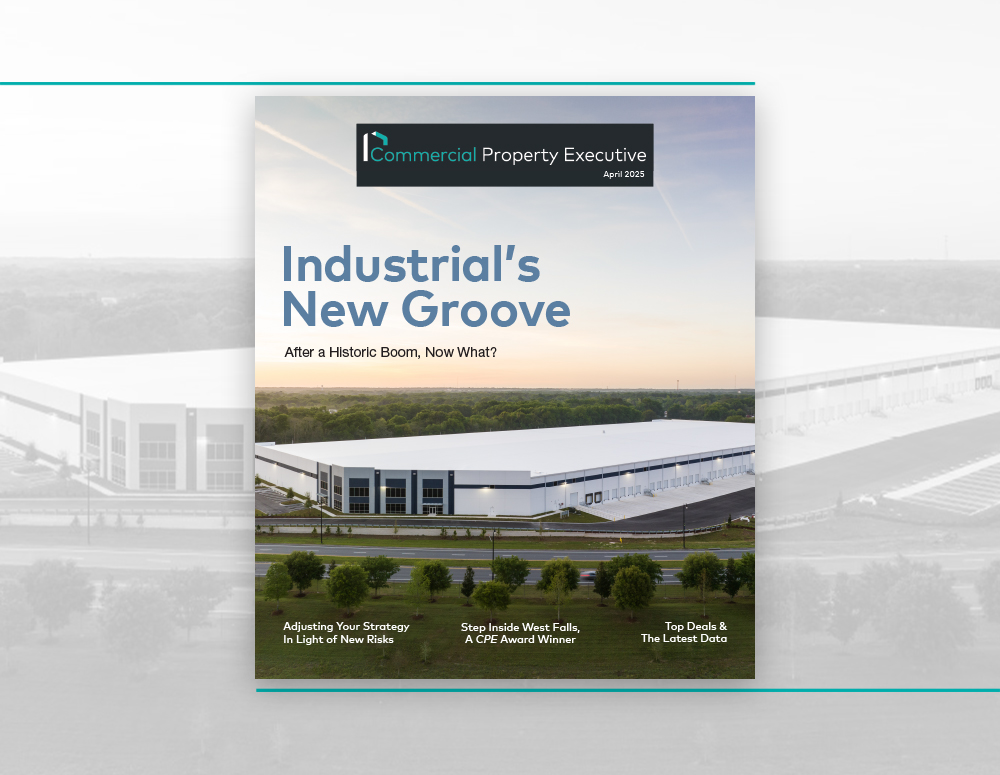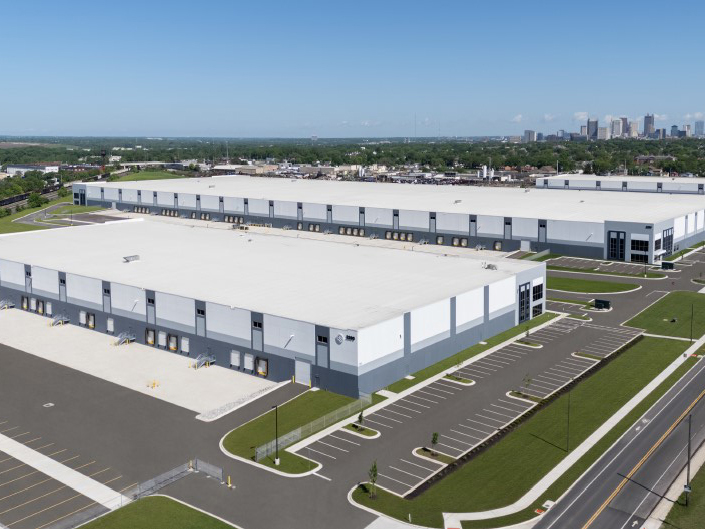It’s Time for CRE to Work Smarter
Embracing technological change will be pivotal for success, says Deloitte’s John D’Angelo.
I have a somewhat inconvenient truth. When it comes to operations, commercial real estate has room for improvement related to many of the functions it takes to run business operations. The industry has not historically allocated significant spending for technology and automation projects. And spreadsheets have done an admirable job of being a universal tool to support analytics and modeling. The industry has a lot to learn and adopt from common practices in adjacent industries about how to approach analytics, modeling, reporting and all things data. When I talk to colleagues about their industries, I notice varying perspectives on how companies leverage tools for analytics, consolidation and reporting.
I also hear about more investment in and sophistication around the capture, care and use of data. I’ve already harangued you about the importance of a strong data foundation, but if you’re interested in my take about why it’s important and tips on getting there, see my March 2022 column.

What prompted me this month to entreat you to focus on working smarter? I realize most are aware that for multiple decades, interest rates declined, and demand for institutional-grade commercial real estate has gone up. In this environment, for those focused on CRE as an investment, it wasn’t critical to squeeze every dollar out of an asset to make money—and in many cases big money—on commercial real estate by buying core assets and hanging on to them. Tailwinds are fun; headwinds aren’t. Now that we have a line of sight to a potential market bottom, CRE is likely to again trade in a more normal volume. It’s likely to be in a new normal environment with historically more “normal” rates (i.e., much higher than the rates to which we’ve become accustomed for nearly two decades) for debt and conservative underwriting. Understanding how to identify, assess and price risk and developing a plan to manage that risk in acquisition targets will be a huge differentiator for buyers.

Assuming that all of the above is true, creating value during the hold period for the foreseeable future is likely to require operational excellence to both maximize NOI and preserve and maximize equity. In my experience, operating a highly effective and efficient enterprise always pays off but takes continued attention and effort. Which brings me to my point about working smarter. The new generation of process automation, analytics, knowledge capture and data solutions powered by AI really is going to change how we work and how we operate our physical assets. Pivoting time and attention away from the routine, making the practically impossible not only possible but also easy, and providing access to new and better insights will present both an opportunity and a challenge. The opportunity will be to understand, analyze and make better decisions about the assets and the markets that they’re in (or should be in). It’ll be about shifting both asset and business operational attention from hunting and gathering information to understanding and acting. The challenge ahead involves not just avoiding being left behind but also building organizational skills to stay on top of what’s coming, what’s here and how to take advantage of it all.
I think we’re entering an era where information asymmetries in commercial real estate will significantly diminish. Success will come not only to those who understand their assets well but also to those who stay on top of market trends and who gather, foster and build deep skills to manage real estate assets, alongside the companies that empower them. Assuming I’m right, the effort that it takes to run day-to-day operations and the definition of keeping an asset relevant are both going to change more rapidly than ever in the past. Technology is going to be a friend to those willing to change and a foe to those who aren’t.
John D’Angelo is a managing director with Deloitte and is the firm’s real estate solutions leader, designing solutions to address client challenges and push the industry forward. With over 30 years of experience as a management consultant to the global real estate industry, John has helped some of the biggest names in real estate leverage technology and use data to optimize and transform their operations.







You must be logged in to post a comment.